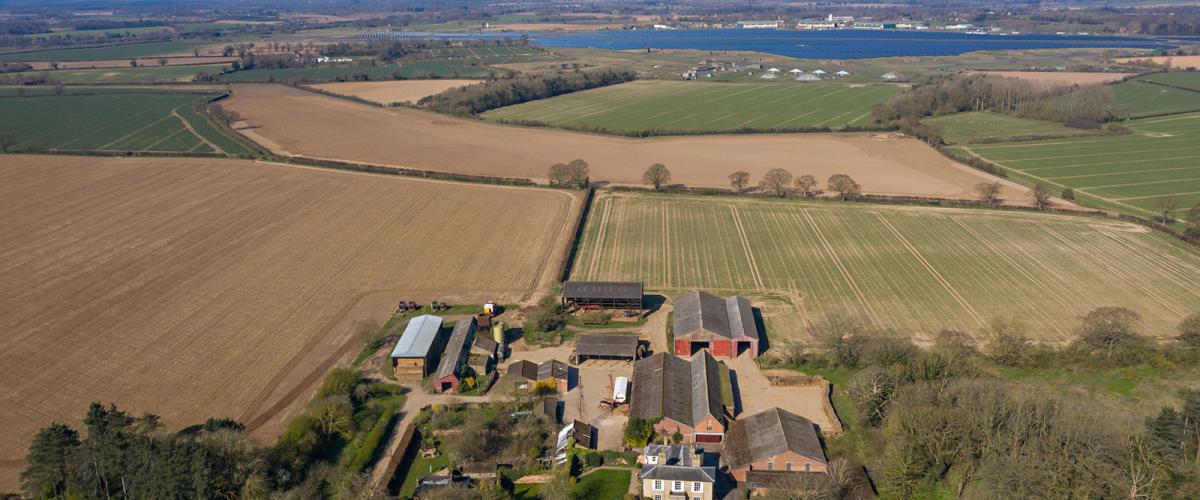THE PIPS ARE NOT SQUEAKING - YET
Businesses and investors who had been led to believe that Chancellor Rishi Sunak would be launching an immediate tax raid on their coffers will have breathed a sigh of relief when he unveiled his Budget earlier this month.
With no immediate hike in capital taxes, and with the much-trailed increase in corporation tax delayed for two years, the focus was firmly on supporting post-Covid recovery.
The most eye-catching announcement was a 130% ‘Super Deduction’ relief on investment in plant and machinery for the next two years. Although this excludes spending on premises themselves, it includes a range of building-related investments (e.g. air conditioning units), so for commercial landlords and occupiers, this brings opportunities.
Kevin Bunting of Lovewell Blake outlines what this means in practice in more detail in our exclusive Budget review video which also forms part of this edition of Address.
Don’t assume that the omission of any word on capital taxes means these are no longer on the Chancellor’s radar. It’s certain that there will be consultations on capital gains tax, inheritance tax, and so on in the coming months, and we should expect that these will be targeted as part of Mr Sunak’s bid to get the public finances back on track after the Covid pandemic.
The stay of execution gives investors time to ensure that the ownership of their holdings is in the most tax-efficient shape; we expect to be busy carrying out valuations over the summer in preparation for an announcement in the Chancellor’s autumn statement.
The success of Mr Sunak’s plans are built on a prediction of a phenomenal 7.3% growth in GDP next year, a bounce-back of unprecedented proportions. Even this will leave the economy behind where it was pre-pandemic, and with the highest-ever peacetime public borrowing to be tackled, it is certain that capital taxes will be high on his agenda in future Budgets – whether that is CGT, IHT or another attack on pensions.
Despite being pushed back until 2023, the significant hike in corporation tax, from 19% to 25% will dent the UK’s attractiveness as a place to do business (although it remains to be seen whether other countries, also facing Covid-related debts, follow suit). As it stands, a rate of 25% is too high to encourage long-term economic growth – but of course, businesses (unlike individuals) don’t have votes, so shifting to burden to the corporate world makes political, if not economic, sense.




